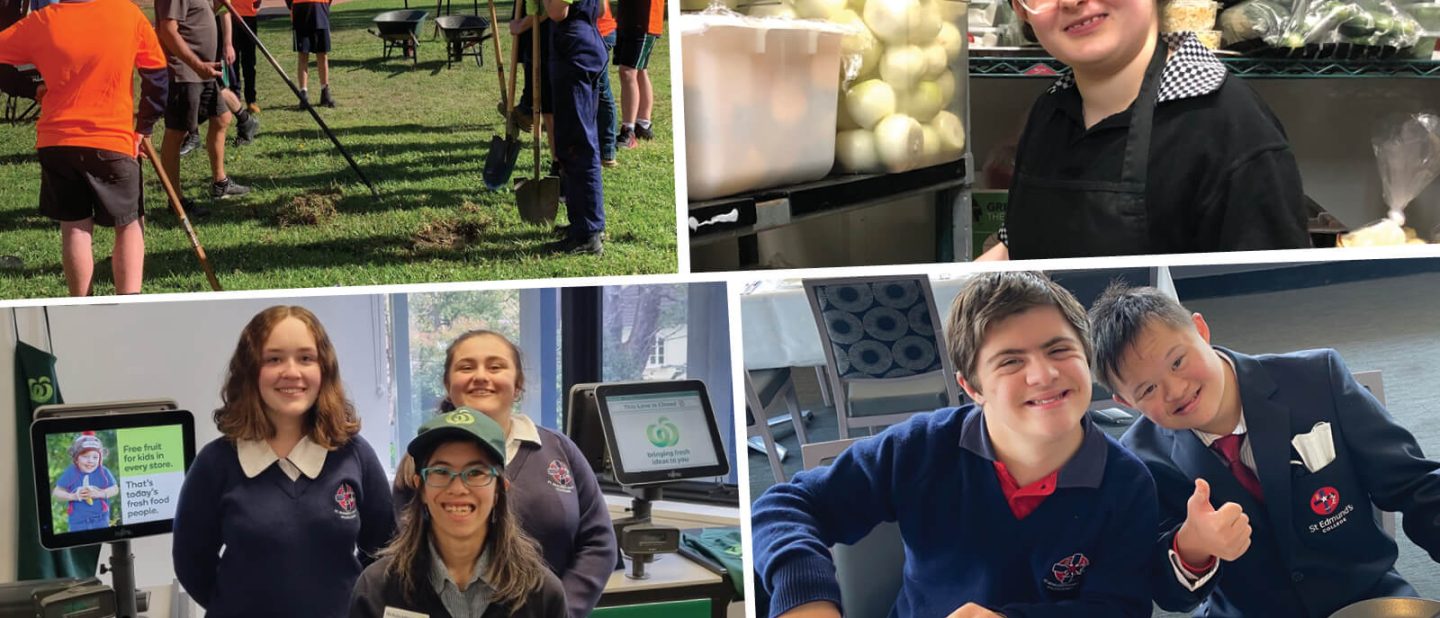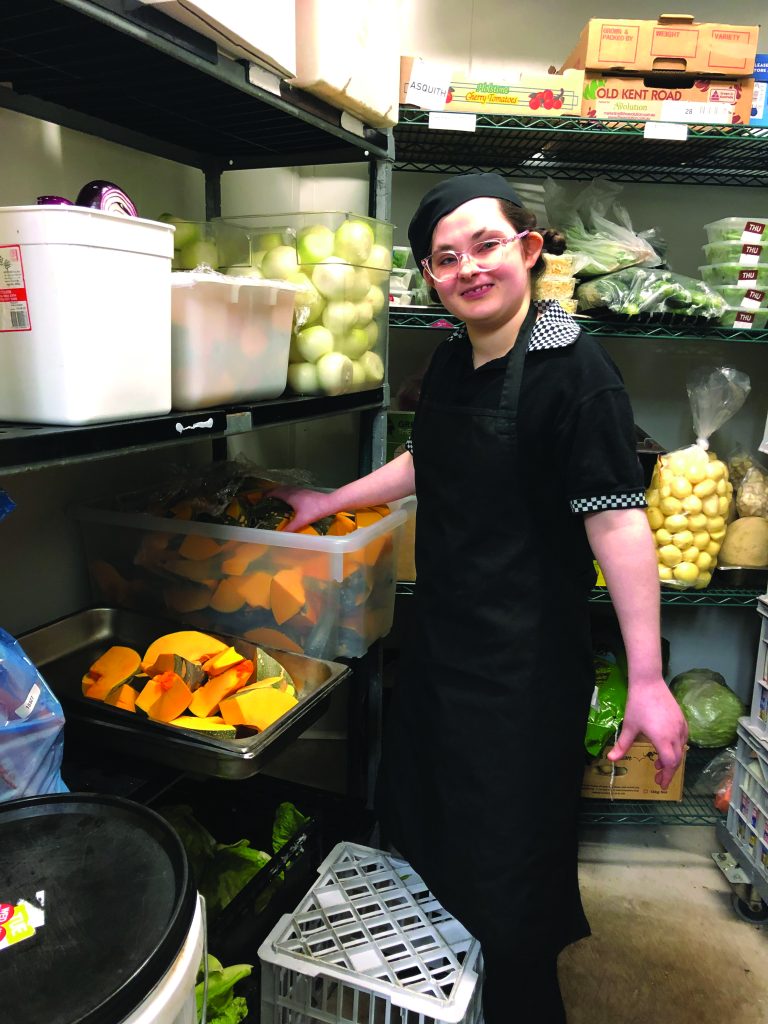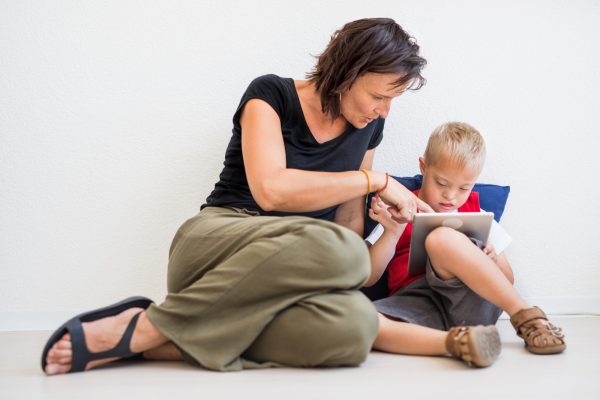
How to prepare for life after school
By Rebekah Devlin
When your child starts prep, Year 12 feels like an eternity away. But as the years roll on, it’s important to choose a school that prepares your teen for what lies ahead.
One minute they’re heading off in baggy uniforms three sizes too big. Seemingly the next minute, you’re plunged into subject choices, work experience, training programs and employment options.
School is a defining part of your child’s life and it’s vital that you work in partnership with your young adult and their school to create solid pathways for what comes next.
Sydney’s St Edmund’s College, Wahroonga is a Year 7 to 12 co-educational special high school for neurodiverse teenagers and those with a wide range of disabilities including mild to moderate intellectual disability.
Senior program co-ordinator, Jacqui Anderson, says St Edmund’s approach to readying students for transition is multi-faceted and includes curriculum, parent support and work experience programs.
Students take part in a mock café and hotel, a mock retail store (they were the very first school to get a mini-Woolworths store on-site, thanks to a parent lobbying the supermarket giant), horticultural activities on the school grounds, office tasks and they run an enterprise to raise money for a charity at Christmas time. Students also visit workplaces.
“We have some great organisations who support us and are very welcoming when our students visit,” Jacqui says.
In Years 11 and 12, students complete a Life Skills HSC, teaching functional skills and knowledge that will enable students to participate in work and the community.
“Our maths program takes place predominantly in the community and students work on their money skills whilst also developing important skills such as appropriate social interactions and preparing their own belongings to go shopping,” she says.
All students study a Vocational Education and Training (VET) course, in either hospitality or retail services. These mainstream courses have been adapted to students’ individual needs.
“Students still need to demonstrate the same level of competency as a mainstream student, so our talented staff design tasks that allow students to demonstrate their learning when the use of more traditional methods of assessment − such as a written test − won’t work for our students,” Jacqui explains.
Each course has a requirement for students to complete practical hours, which is met through a combination of on-site experiences and work placement.
“Our hospitality students sell coffee to staff on a weekly basis, as well as making and selling milkshakes to their fellow students. The retail students sell snacks at recess once a week,” Jacqui says.
“Generally, in a mainstream school, when students do their VET work placements, students are expected to travel to attend theses placements independently. For many reasons, this is not possible for our students. Instead, we have students do their work placements in groups of three or four with a supporting staff member.
“External Work Placements mean students get to practise their skills in a real workplace. Students always finish these placements exhausted, but so proud.”
These programs translate into genuine life outcomes − they have former students who are living independently and employed in various industries including hospitality, retail and even one who works in a law firm and sets up the boardroom for meetings and events.
Also leading the way is Melbourne’s Heatherwood School, which caters for secondary students with a mild intellectual disability.
“The school’s focus is learning for life by providing an education that enables young people to grow into independent, confident, capable adults, fully equipped to make their own way in the world,” says Lesley Foster, who has the rather impressive job title of “director of happiness” and teaching and learning coach.
“Developing confidence and resilience features in every classroom, in every year level, as the school builds self-esteem and an attitude of achievement and success.”
As a Registered Training Organisation, students have the opportunity to obtain nationally-accredited certificates in hospitality, agrifoods, retail, active volunteering and sport and recreation.
From Year 9, the students work in the Heatherwood fully-accredited trade kitchen, preparing lunches for staff and students.


Work experience is a feature from Years 10 to 12 for all students and can lead into an apprenticeship in a trade. One former student is currently studying social work at university.
“We know that finishing school can be a scary time for both students and their parents, but if you can work closely with your school, build relationships and set some goals, there’s no stopping what your child can achieve,” Lesley says.
“We want our students to dream big. We instil in them the confidence that they can achieve their goals and then we put in place practical steps to get them there.”







